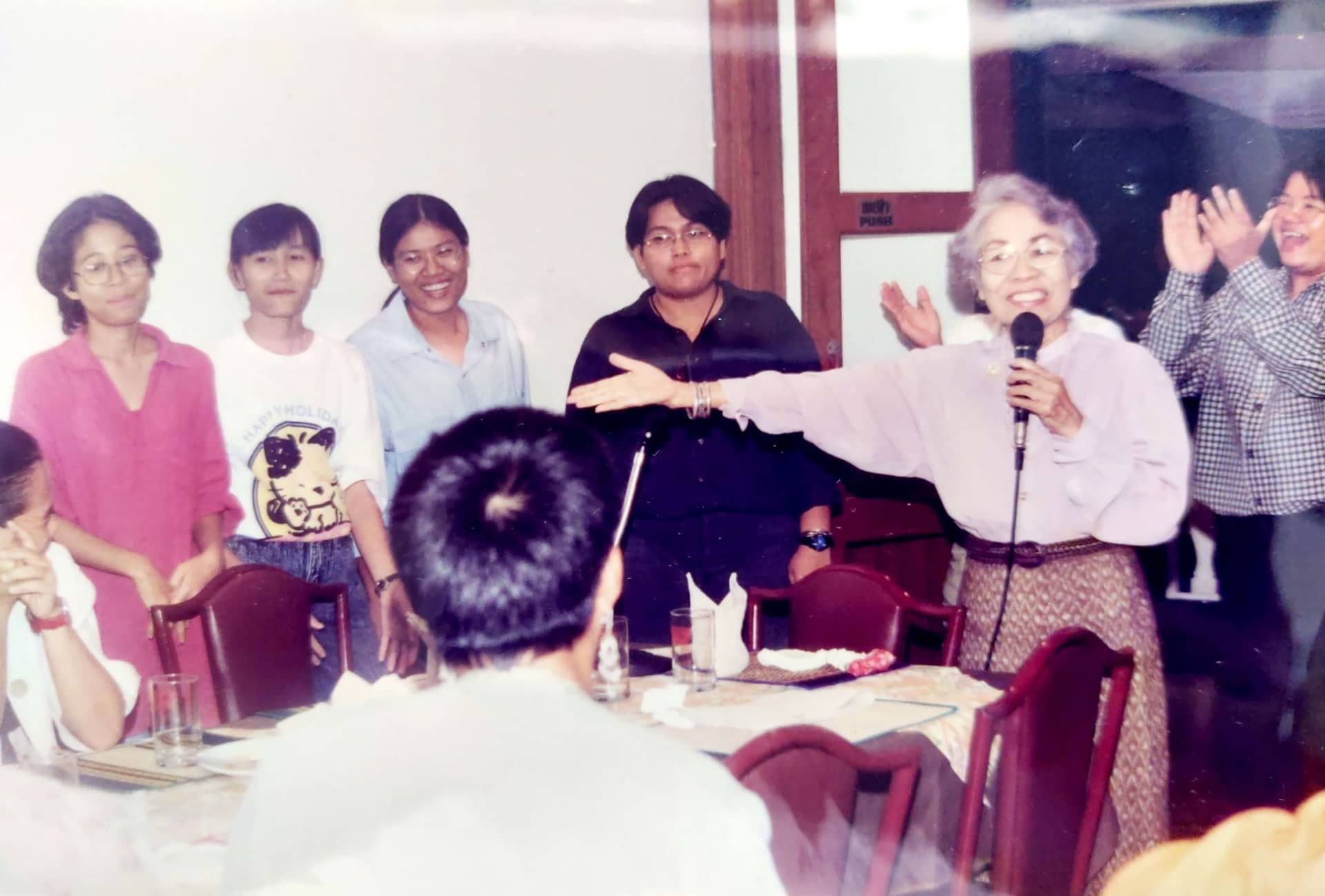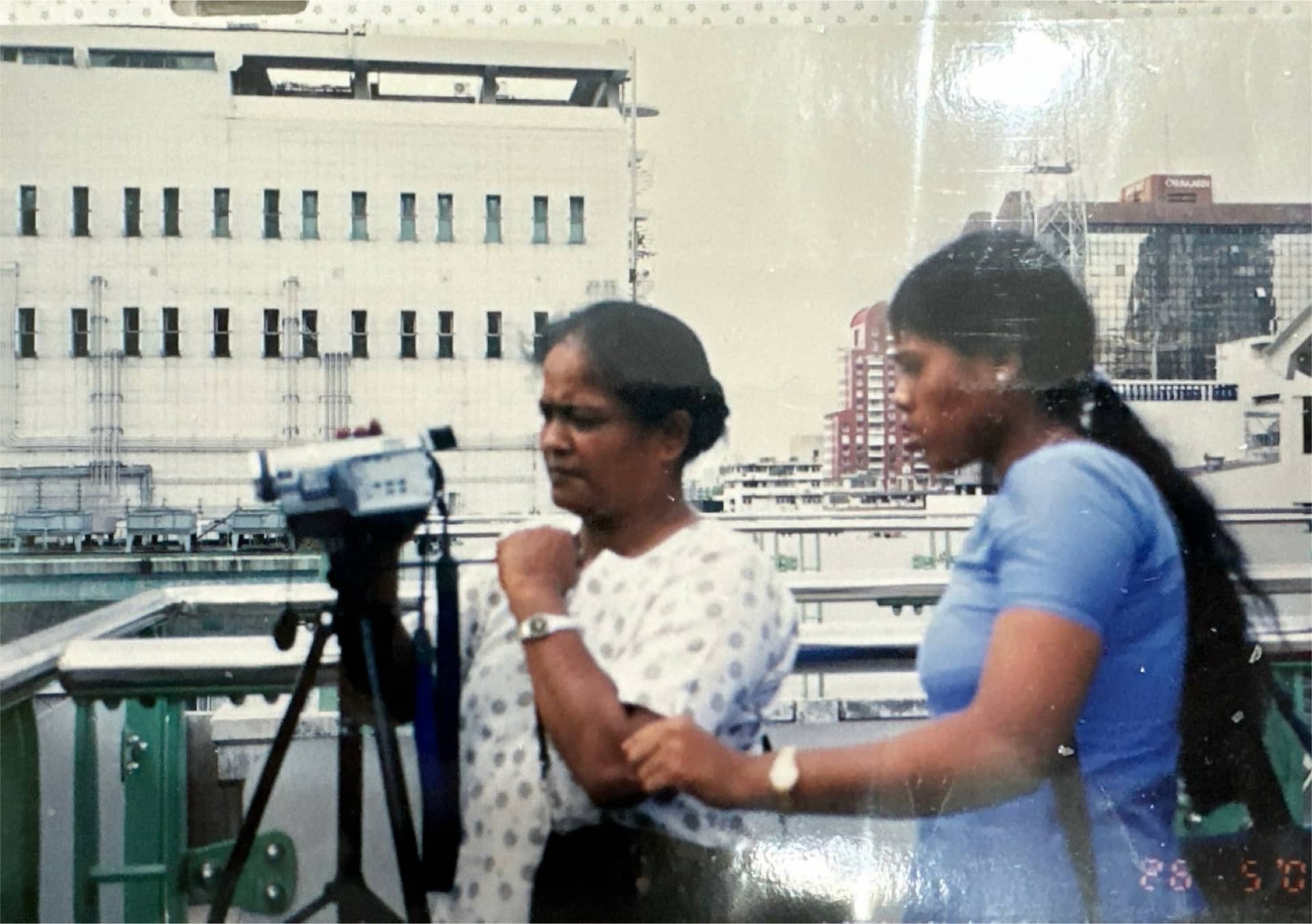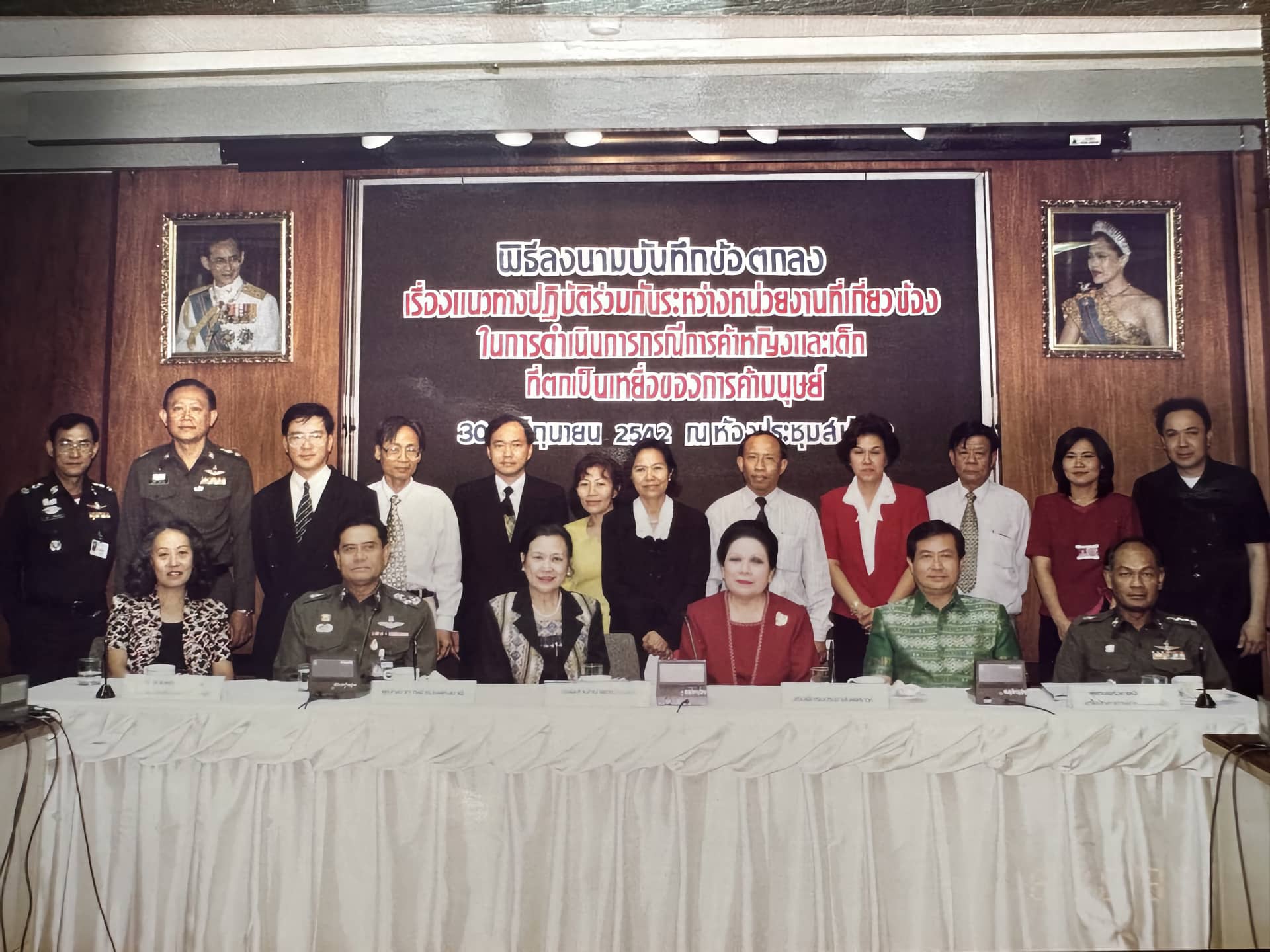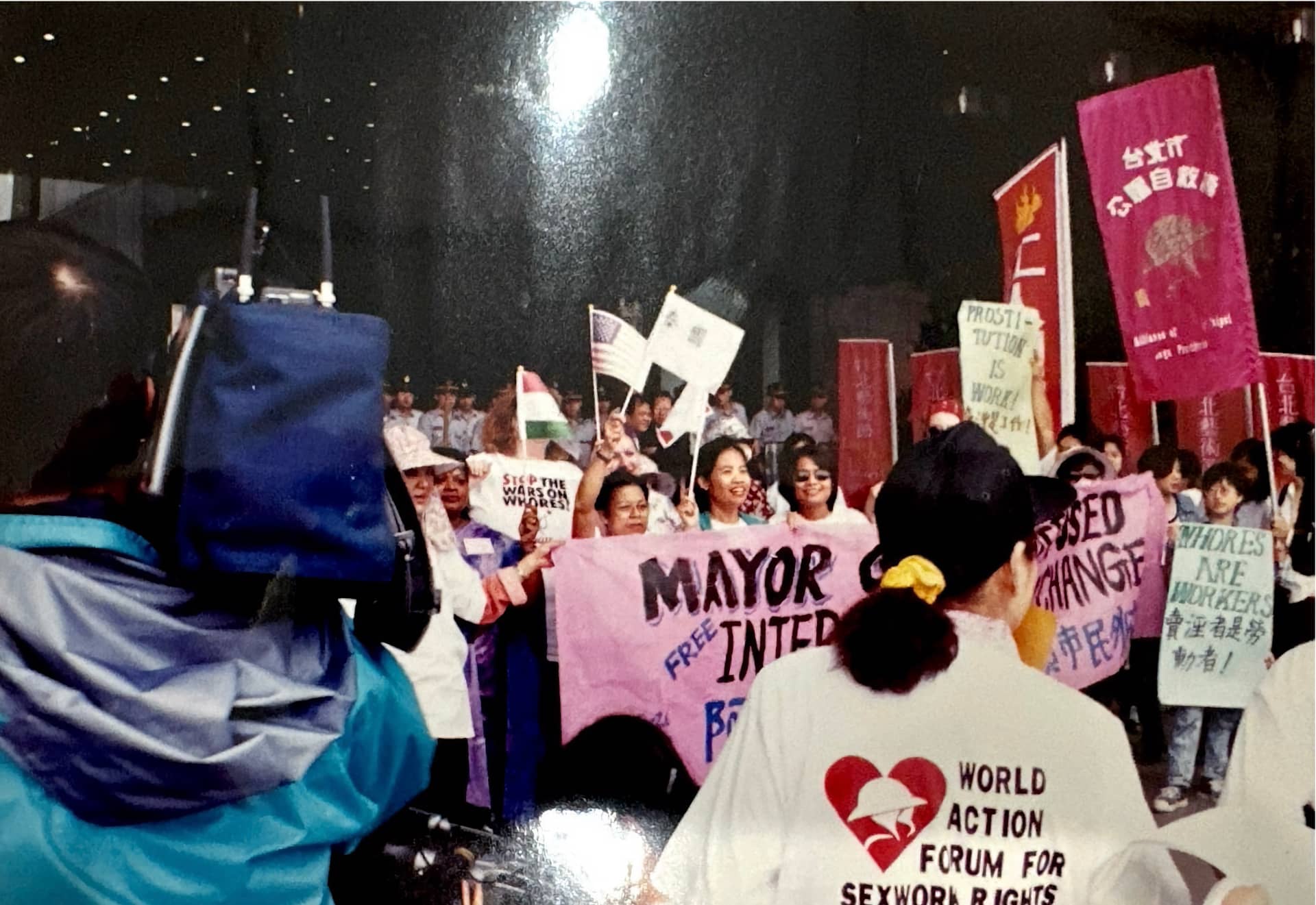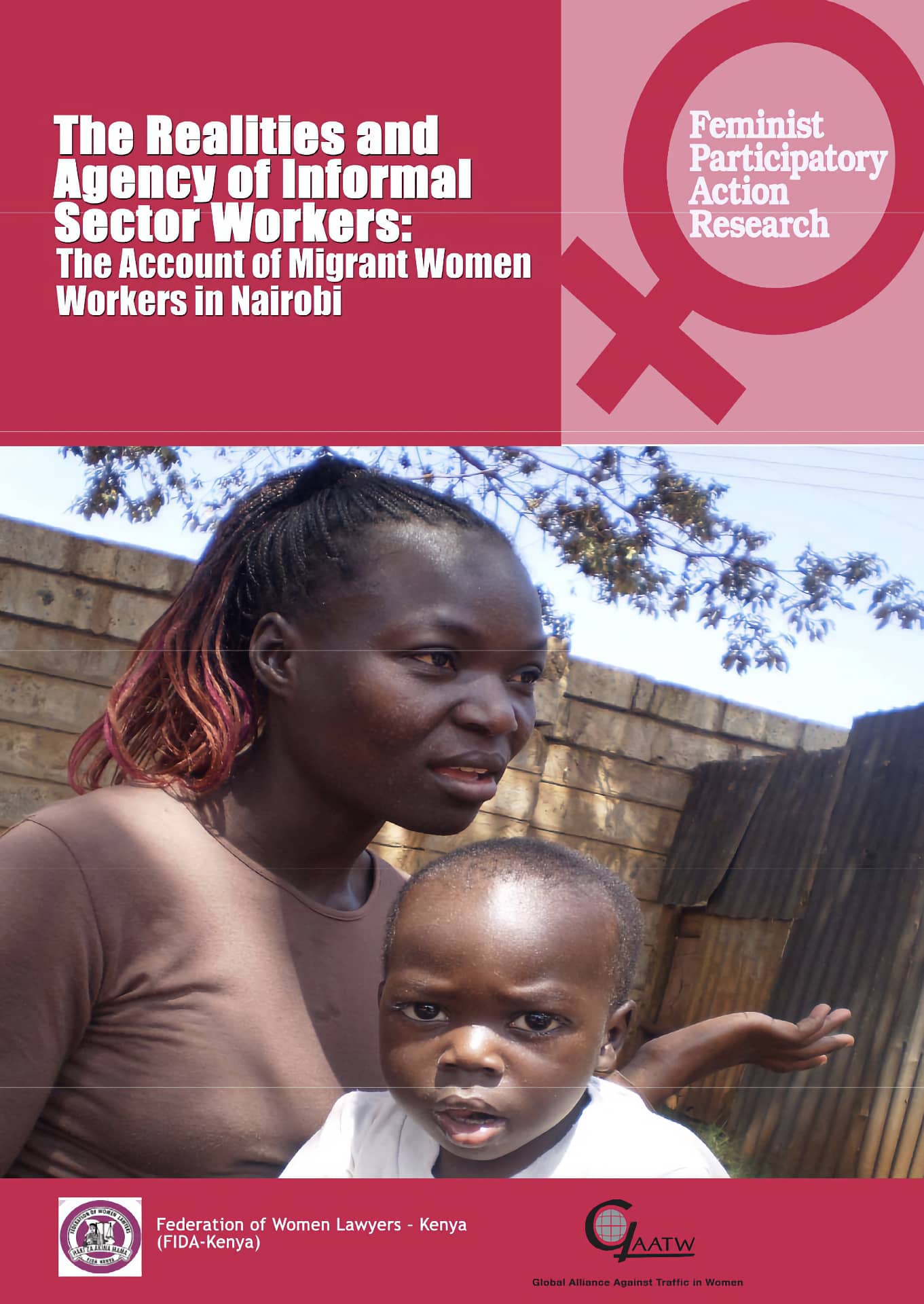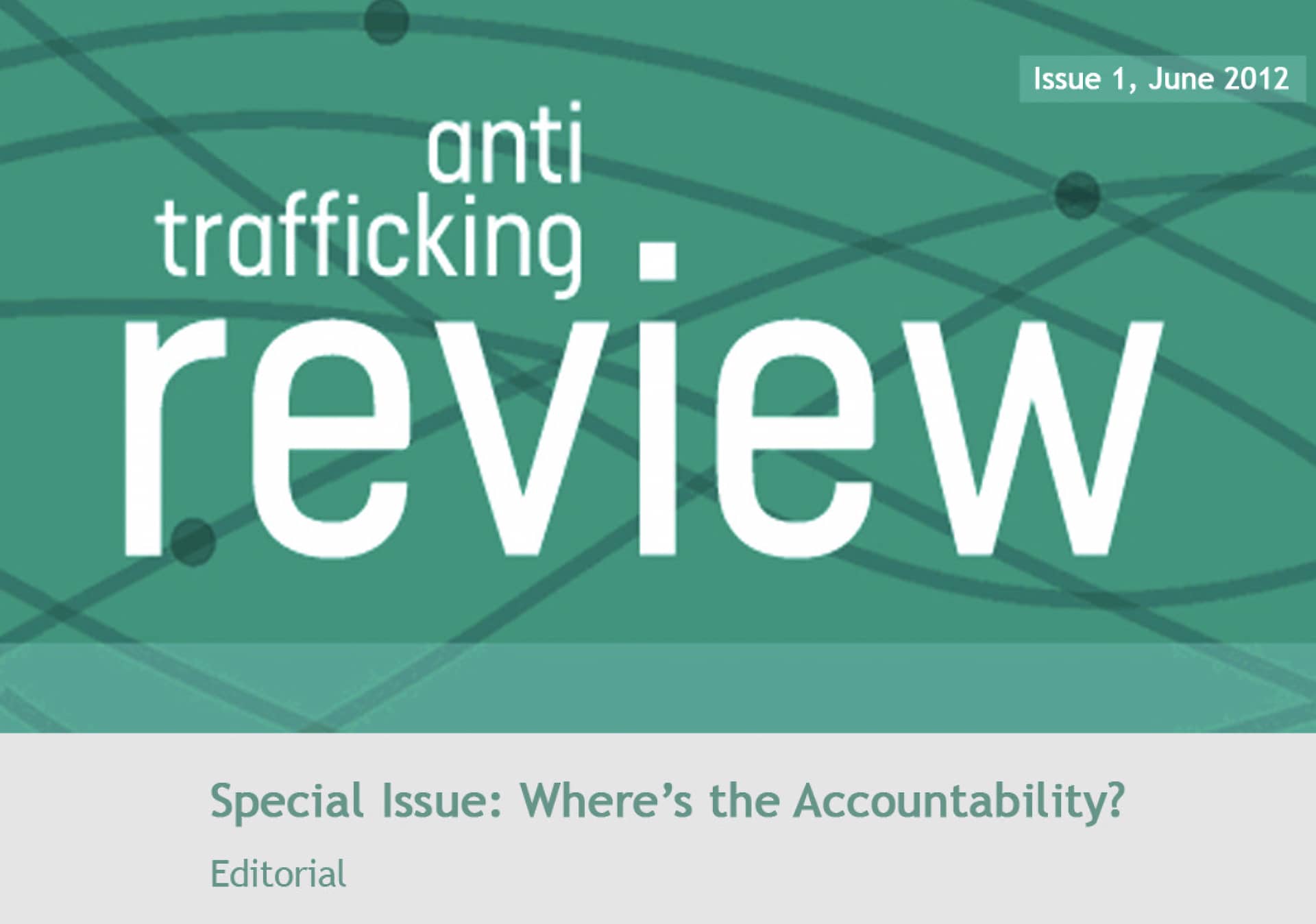Our roots
The story of the Global Alliance Against Traffic in Women (GAATW) is a women’s story; it is a story of women building alliances across borders. This story also marks a moment of maturity in the feminist movement when women:
- Acknowledged that the vision of global sisterhood is fraught with numerous tensions – including those of class, race, sexuality and nationality - and began to understand that they need to listen before speaking on behalf of other women;
- Recognised that alliances, feminist or otherwise, are built around unequal power relationships;
- Understood that solidarities for political action can only be effective if one is able to negotiate different agendas.
Why was it launched
A feminist participatory action research project carried out in Thailand by the Foundation for Women, Bangkok, revealed the complexities around women’s cross border migration, entry into prostitution, sexual and other exploitations. The findings of this study were shared at an international conference in Chiang Mai in 1994. Discussions at the conference found parallels in research studies and direct assistance experiences in other countries. Participants identified problematic areas in the contemporary discourse and activism around trafficking in women. A collective decision was taken to launch the GLOBAL ALLIANCE AGAINST TRAFFIC IN WOMEN.
GAATW started her work by asking simple questions: why do women migrate, why do some of them end up in difficult situations, what indeed are the elements of trafficking, are trafficking and prostitution synonymous and what could be done so that the human rights of women who experience exploitation in migration can be protected.

